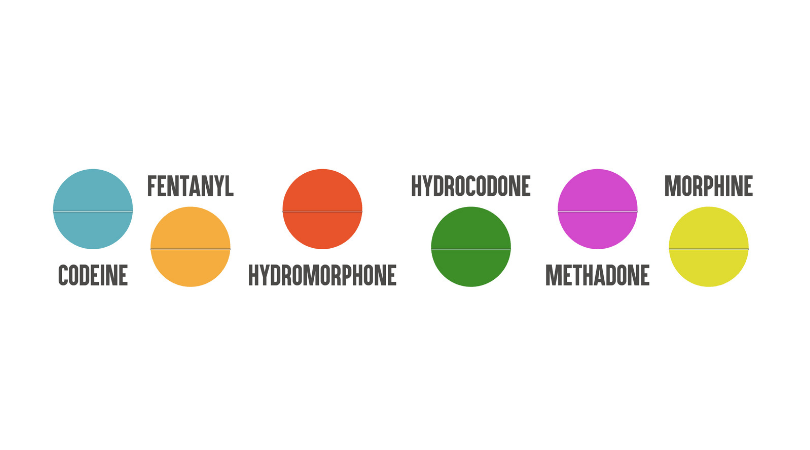
Benefits of group therapy in mental health treatment
When we hear the word therapy, we generally equate it to mental health. In fact, therapy is any type of medical care intended to relieve or heal a health problem or disorder. Psychotherapy, also known as talk therapy, is the range of therapeutic practices used to treat mental health conditions.
Psychotherapy, psychiatrist, psychologist, psychology, psychotic; all those types of words, come from the word psyche, which means it relates to the mind. The English language originally derived it from the Greek “Psykhḗ” where it translates as “the soul, mind, spirit, or invisible animating entity which occupies the physical body”; she (Princess Psyche) was also the Ancient Greek goddess of the soul.

There are countless different methods and types of talk therapy, and several distinct therapeutic practices and approaches; cognitive behavioural, humanistic, person-centred, psychodynamic, and dialectical behaviour therapy, to name just a few.
Talk therapy aims to identify troubling feelings and behaviours and supports people so they can unburden themselves of long-held fears, emotions, and resentments. Works to eliminate them and teaches coping skills to manage ongoing or reoccurring problems. Therapy can be undertaken on a one-to-one basis, just with the therapist and the patient, or in a group.

What is group therapy?
Group therapy can be summarised as the treatment of multiple patients at once, by one or more healthcare professionals. Ideally, sessions are facilitated by a licensed and qualified therapist or psychologist; this ensures that there is a defined format and a set of rules or guidelines which ensure the flow of conversation, the connection of the group, and the growth of the individuals involved.
The size of a therapeutic group will vary, and the number of participants is not a critical factor. It is more important that the individuals who are gathered have aligned goals and similar, but not necessarily exact experiences. The sharing of personal information, incidents, and emotions, within the group and the knowledge derived from the others’ narratives is the basis of a successful session.

Anyone can benefit from group therapy, and it is particularly useful when dealing with –
• Anxiety.
• Depression.
• Bipolar.
• Substance misuse (alcohol, prescription medicine, drugs).
• Process addiction (gambling, sex, gaming).
• Eating disorders.
• Post traumatic stress disorder (PTSD).
• Grief and loss.
• Anger management.
• Relationship issues.
A few of the benefits of group therapy.
It gives the participants a safe space to share.
One of the key components to treating psychiatric and psychological conditions is having a safe space in which to be able to share feelings. A place where you don’t feel judged, because of your condition or for any other reason.
Being surrounded by people in a similar position, maybe with the same illness or disorder, highlights you are not alone in your struggles. It isn’t just happening to you! There is often still a stigma attached to mental illness, and being with others helps reduce the feelings of shame and humiliation that can develop, instead increasing a sense of solidarity and comradeship.

Reduces isolation and loneliness.
Whether it is because of the symptoms of the illness itself, i.e., the constant need to use in the case of addiction, unable to leave the house with some anxiety disorders, withdrawal from the world with major depression; or it is the impact of the feelings surrounding a mental health condition, such as low self-confidence, shame, fear, hopelessness. Those suffering are frequently isolated and lonely, cut off from society and any friends or loved ones.
A group therapy setting naturally promotes socialisation and encourages healthy communication. By engaging with the group, it teaches individuals how to relate to other people (and themselves), the act of giving and receiving kindness, care, and support; how to act and behave in social situations; how to navigate relationships with other people; how to set boundaries and stick with them.

Encourages growth, finding a voice and gaining confidence.
Working within a group helps someone to gain confidence. It gives individuals the space to have a voice, to learn to successfully articulate to be understood. A place to share feelings, experiences, and opinions, and know that they count, enabling a person to believe in themself.
It teaches an individual that their opinion matters, how to use their voice in a healthy way to get what they need. How to refrain from aggression and bad behaviour simply to get attention, or to express hurt, fear, or even love with anger.

Learning from others.
When you bring people who have had parallel experiences together, facilitating the sharing of problems, worries, stories. It regularly helps individuals learn more about themselves by hearing their story (or a very similar one) told by someone else. This enables them to gain a different perspective, or a solution to a troubling issue.
Group therapy works because as humans we are often kinder to others than we are to ourselves, frequently giving another person the compassion, forgiveness, and respect that we are lacking when we are talking internally. This is especially true with individuals struggling with low self-worth, anxiety and depression.
In the same vein, we tend to be more inclined to listen to the opinion or objective point of view from someone that is slightly removed from a situation; and to be able to take on board their guidance and advice. Particularly if we have grown to respect and identify with that person through hearing them share honestly on their own struggles.

Therapy at the mental health clinic in Spain.
Here at the mental health rehabilitation centre in Ibiza, Spain, we treat a variety of mental health conditions including anxiety, depression, bipolar, burnout, alcoholism, drug addiction, prescription medicine dependency, and process addictions (food disorders, gambling, and codependency).
In addition to the doctor, psychiatrist, psychologists, therapists, and counsellors we have several registered general nurses and a full-time mental health nurse on staff. From the moment a client arrives, there is someone there to ensure patients are safe, comfortable, and supported, throughout the day and night.
For further information regarding any of our programmes, and details on admission to our Spanish rehab centre, please contact [email protected]
Share this information, choose your platform!
Burn-out; The Disease Of The Working World
Cancer to diabetes, strokes to heart disease and now… burn-out. Although not yet classified as a ‘medical condition’ this year we saw burn-out being included in the 11th revision of the Classification of Diseases, under ‘Occupational Phenomenon’ by the World …
The Opioid Crisis is on the rise
In Britain, the nation’s opioid crisis is on the rise. Last year, the Office for National Statistics reported that fentanyl deaths were up by 29%. What are Opioids? Opioids are drugs generally used to help alleviate severe pain and are …
Balearic Booze Ban
Balearic party meccas have existed in a state of a begrudging trade-off for decades: weighing the economic benefit of booze-fuelled tourism against the reputational cost of the drunkenness. But the balance has finally tipped with new legislation arriving in January …
Has lockdown changed the way you gamble?
Gambling during lockdown Amongst all the other restrictions caused by the covid-19 lockdown, the closure of high street betting shops and high stakes casinos didn’t rank highly in most people’s minds as a serious problem. In fact, many will have …









